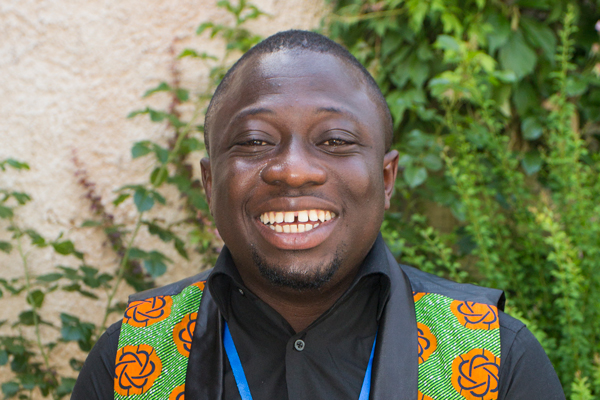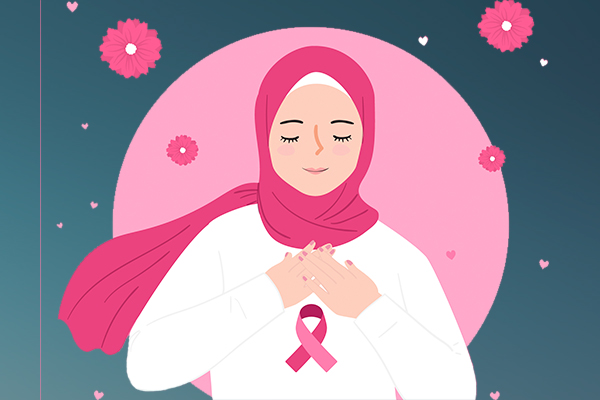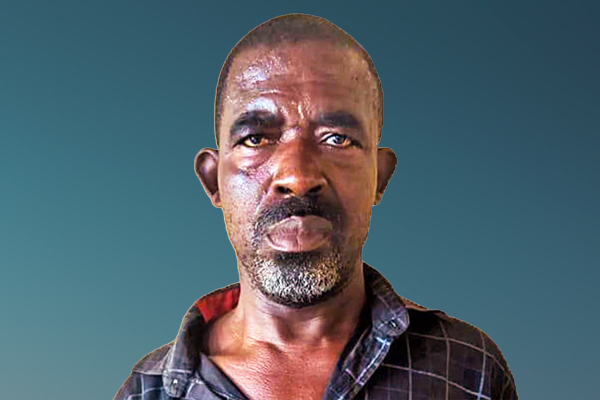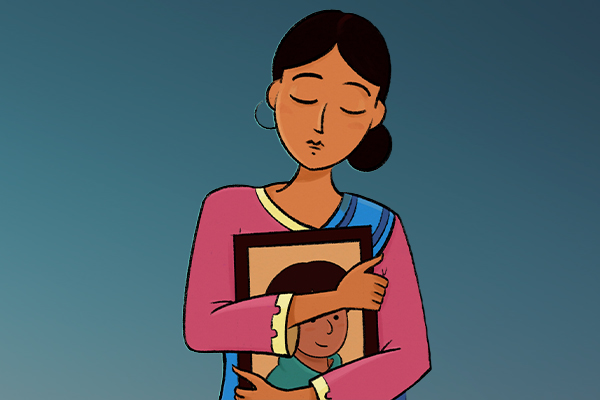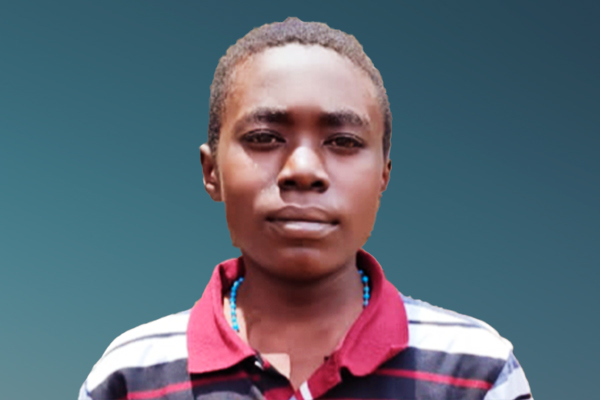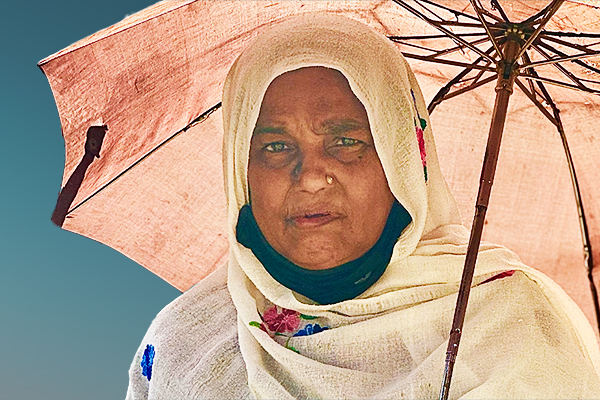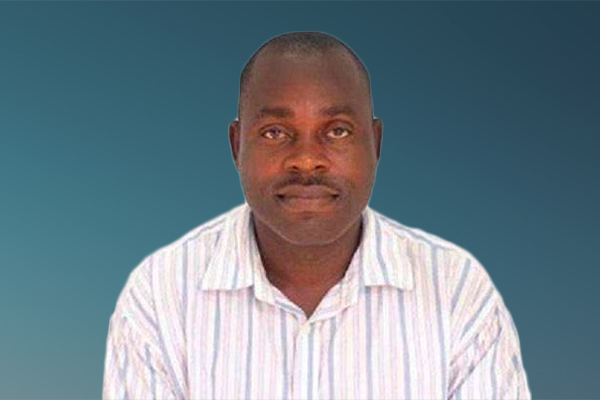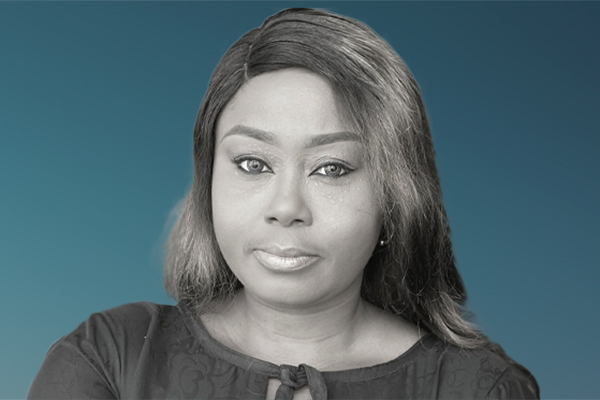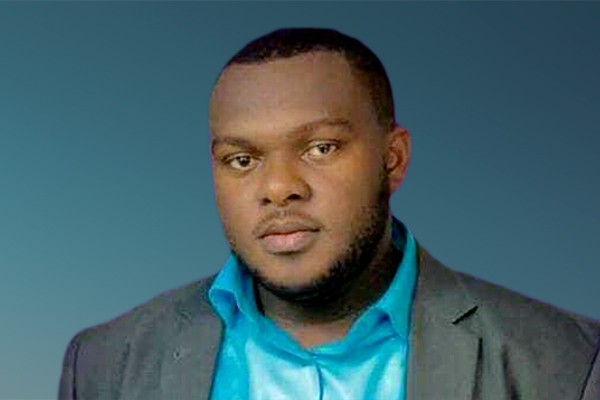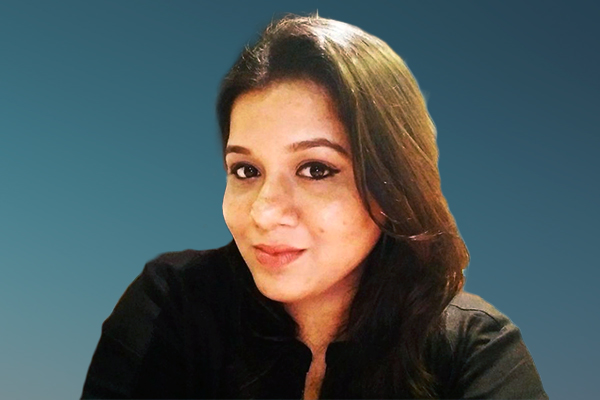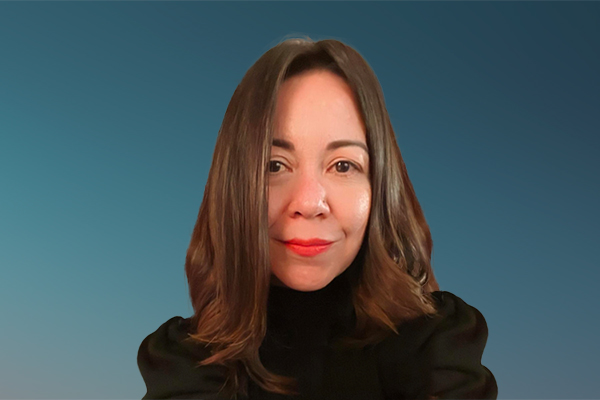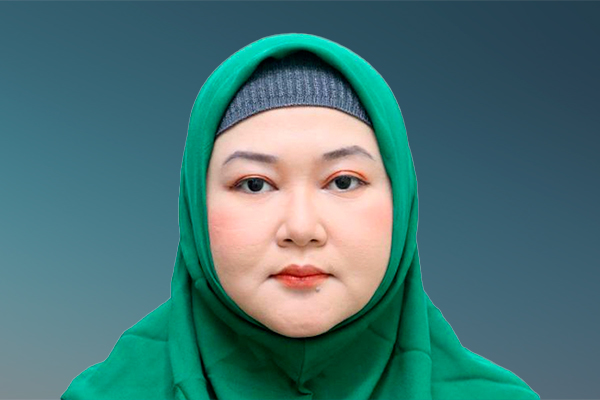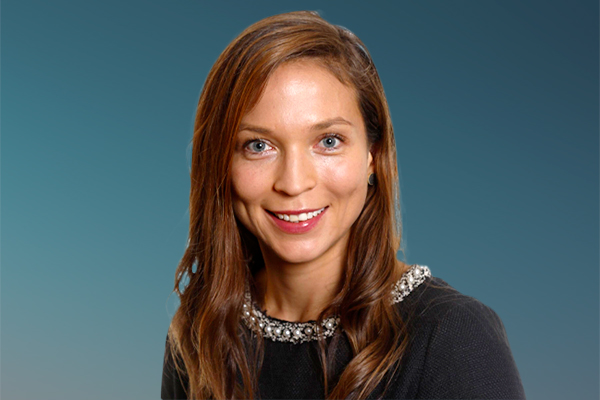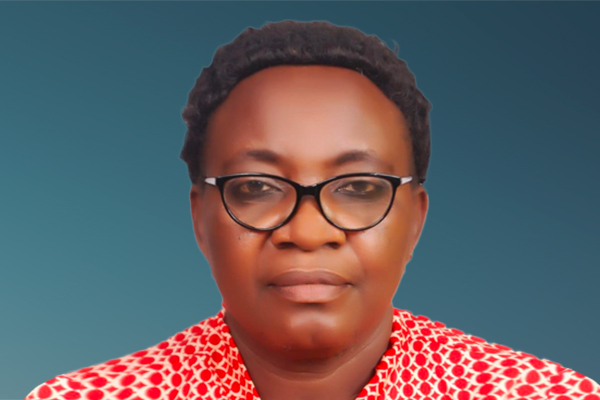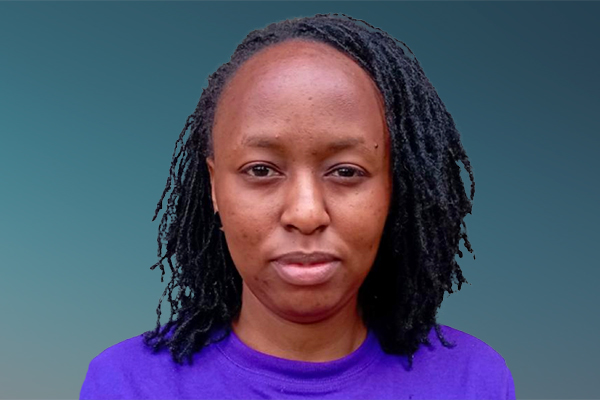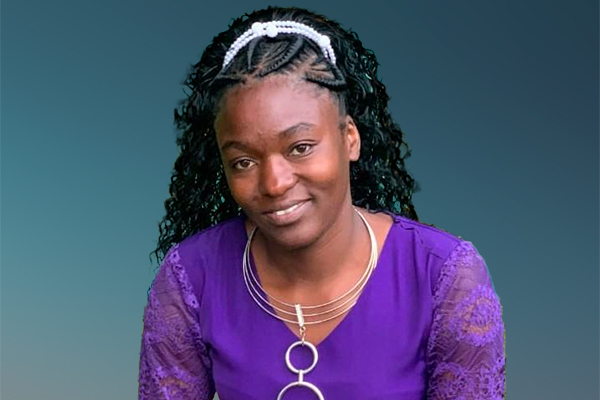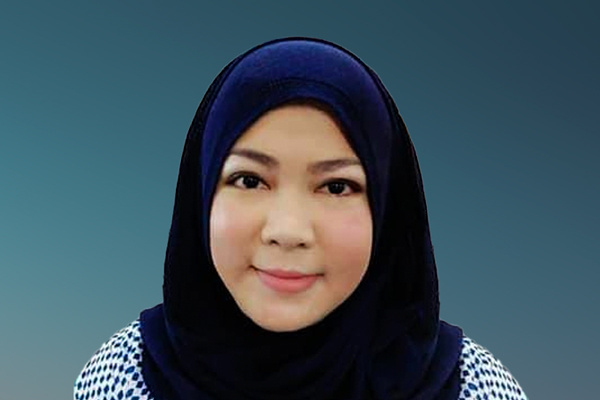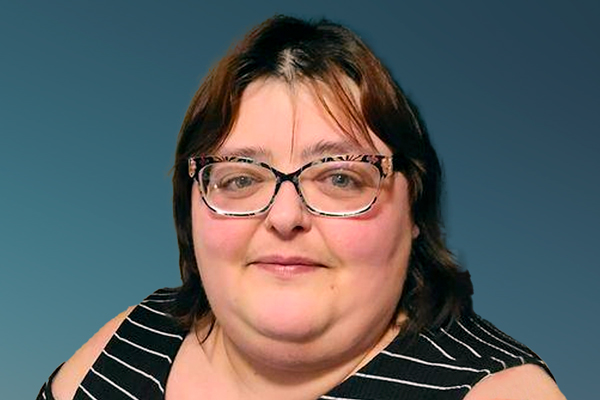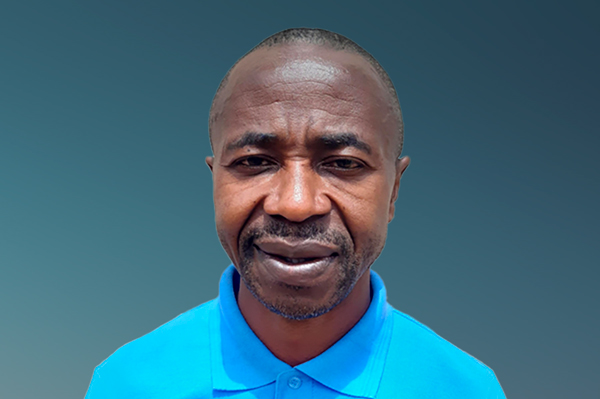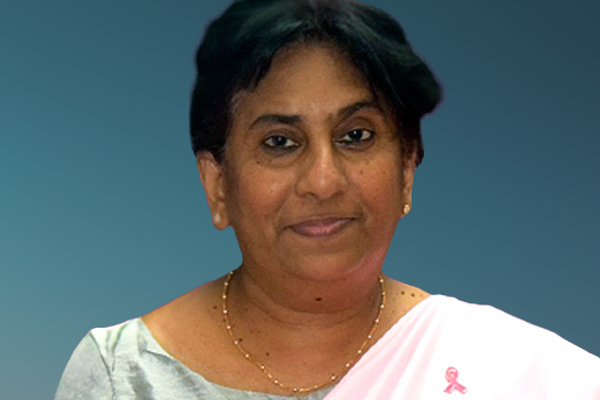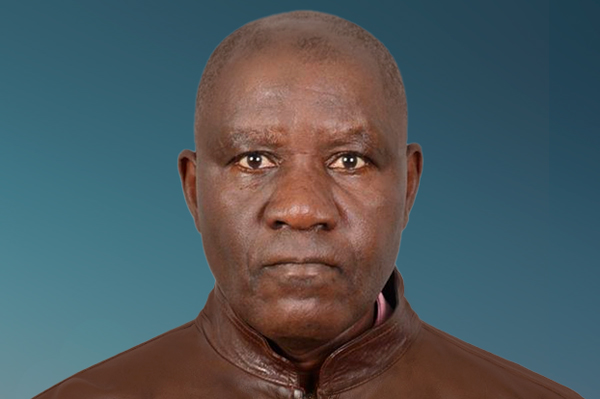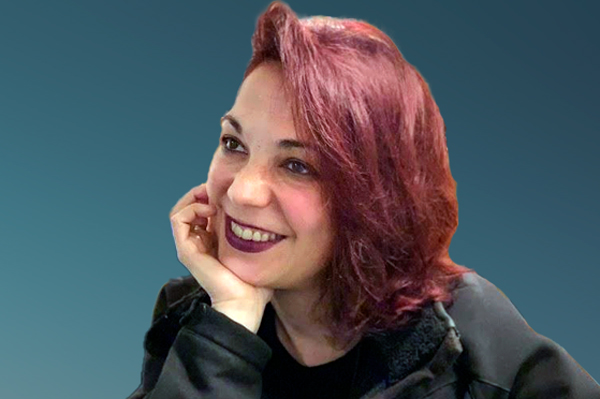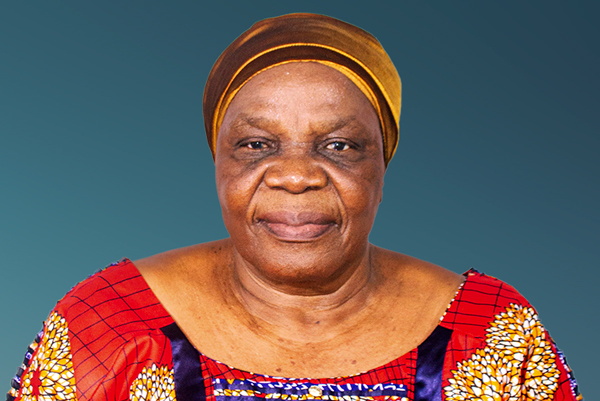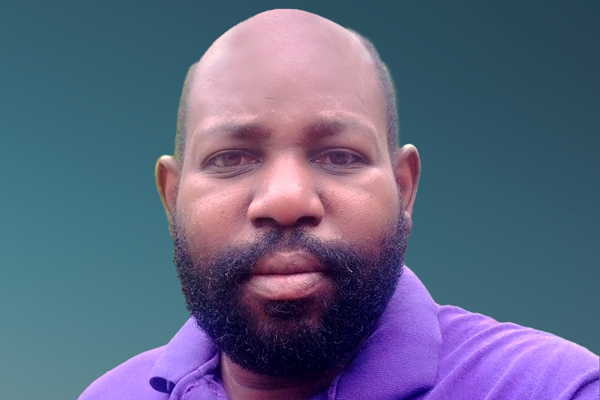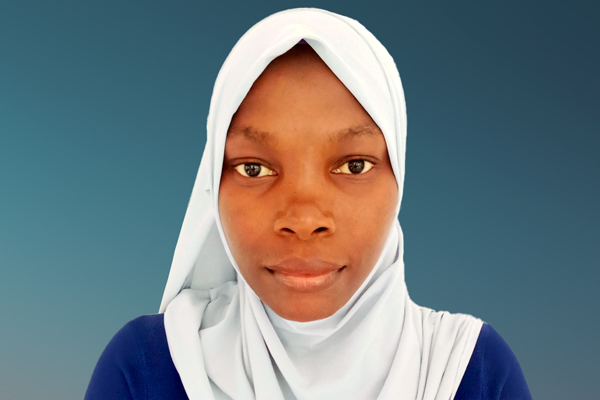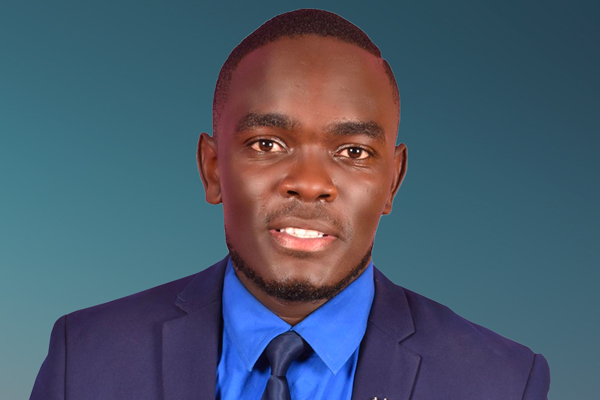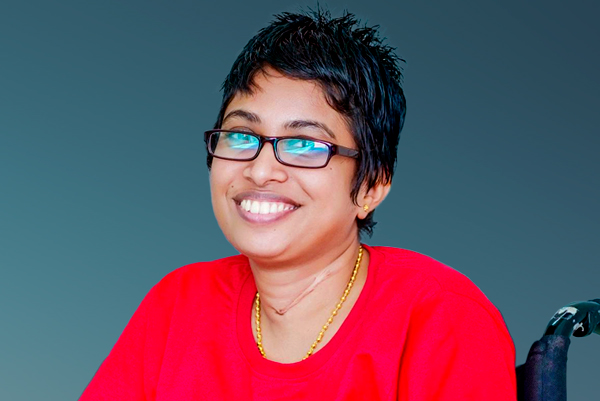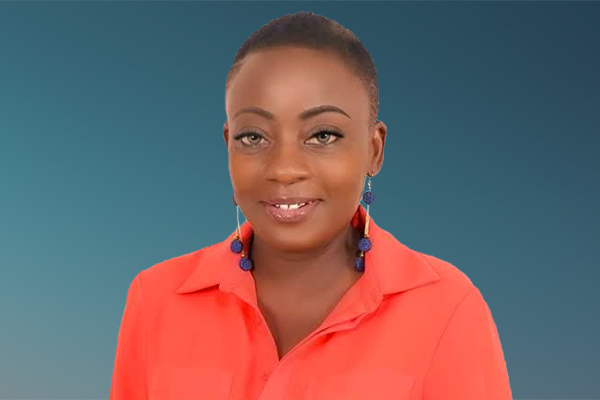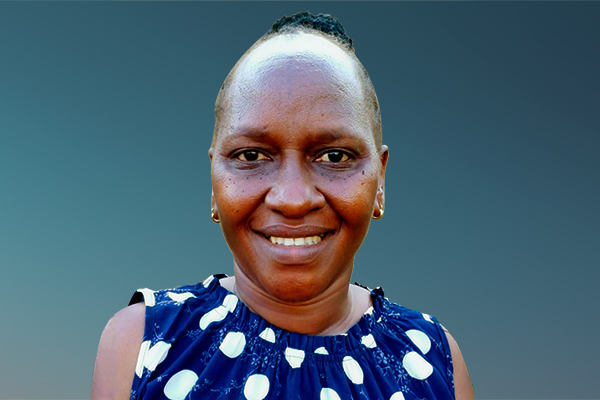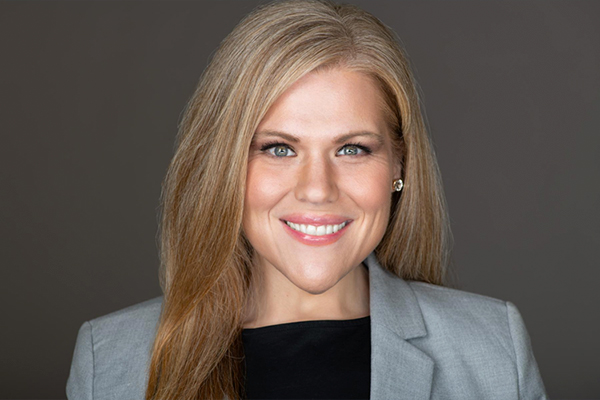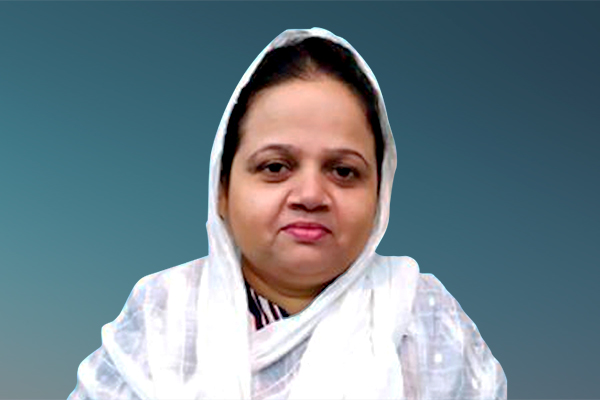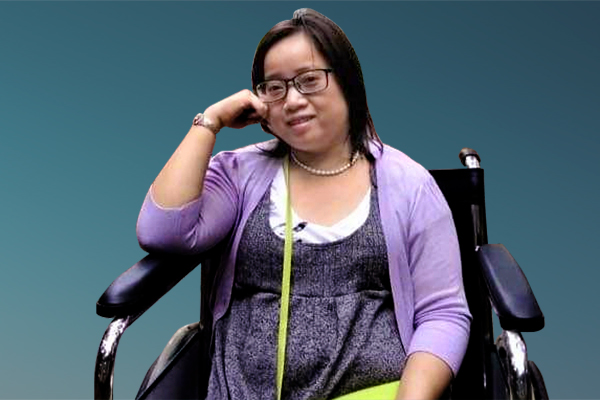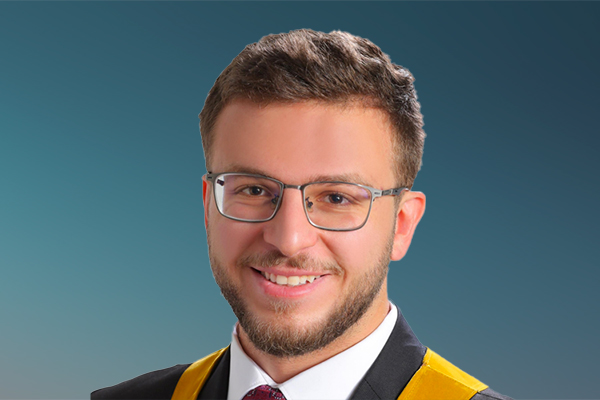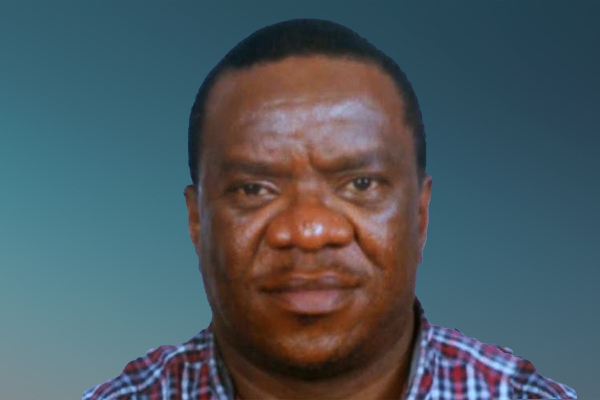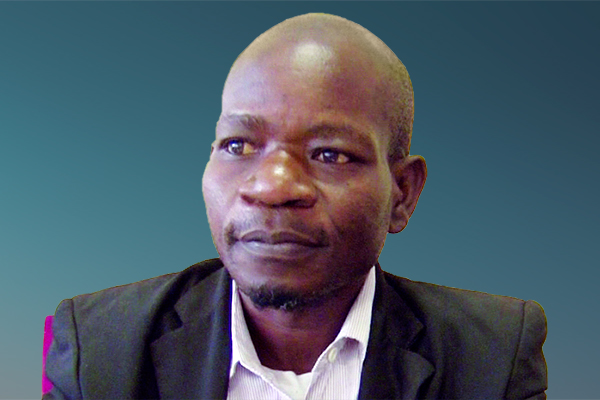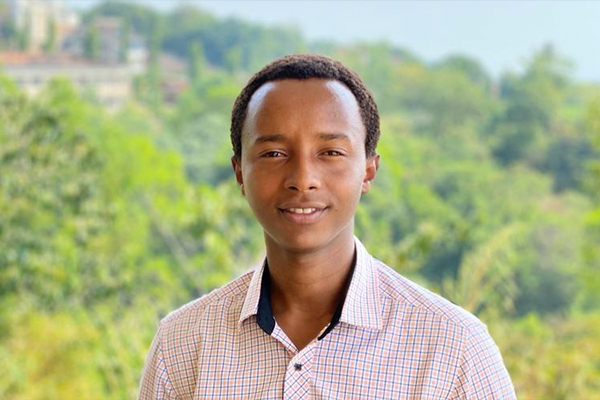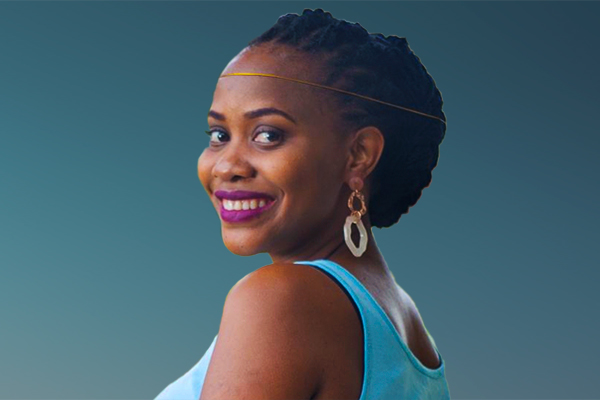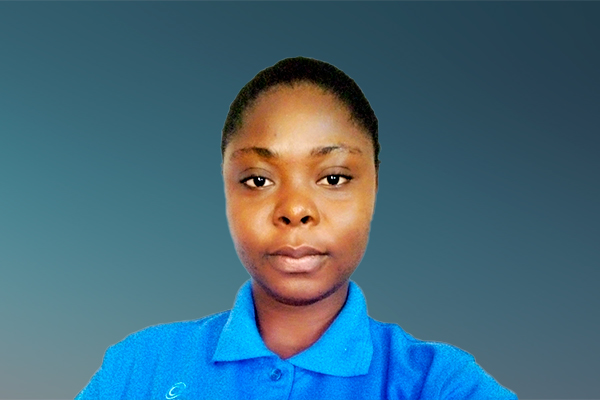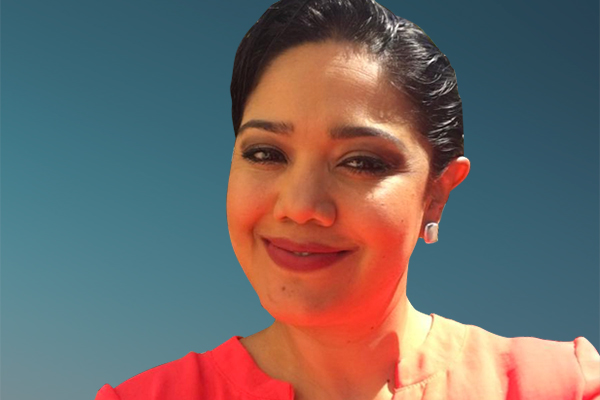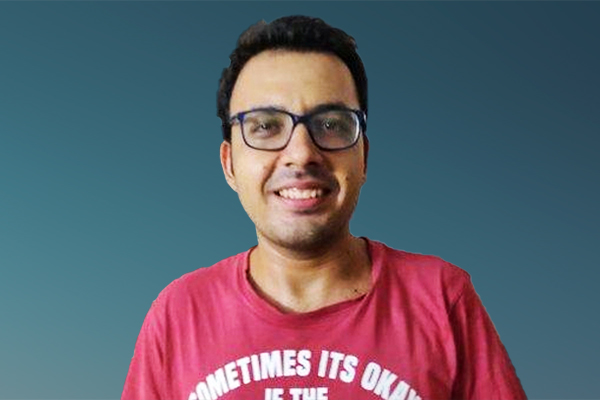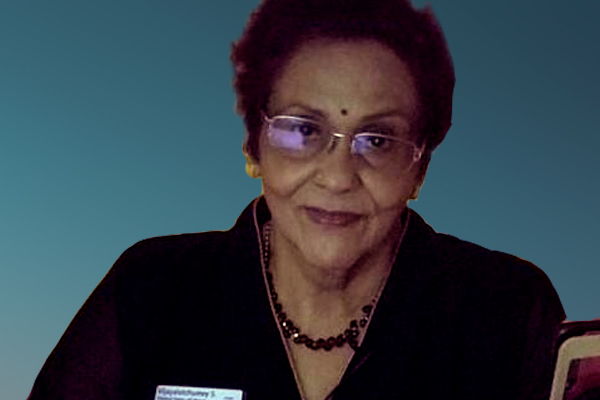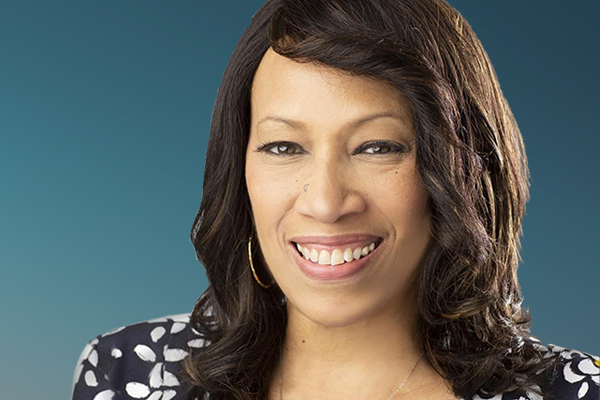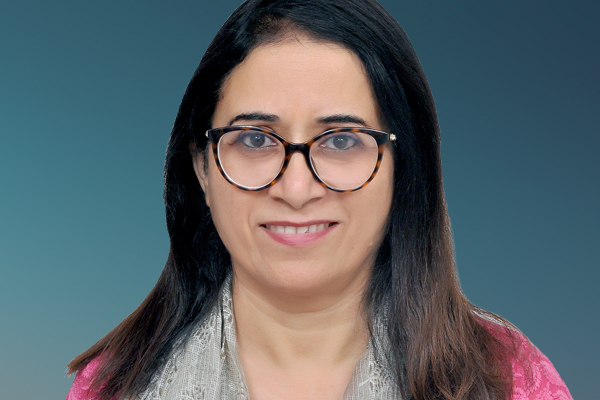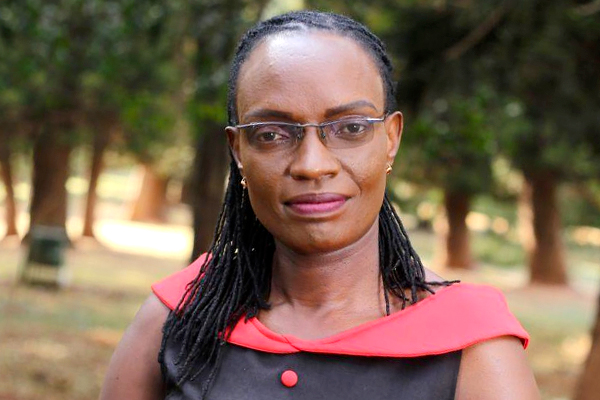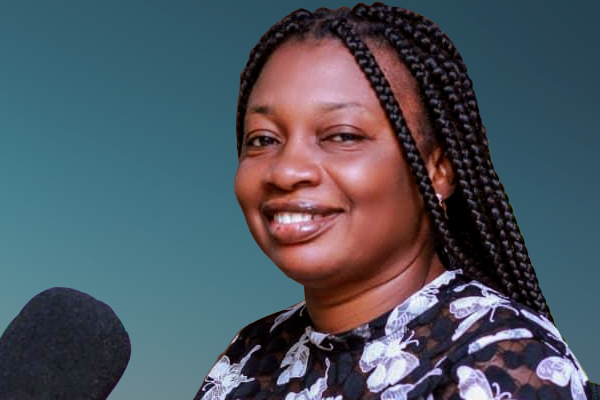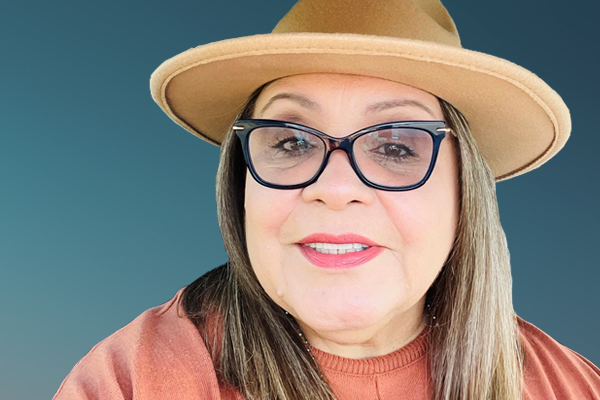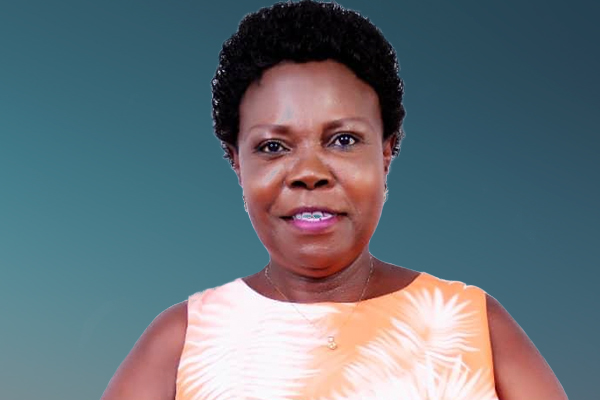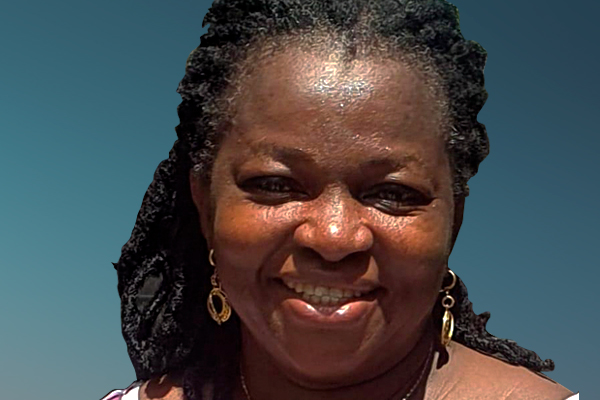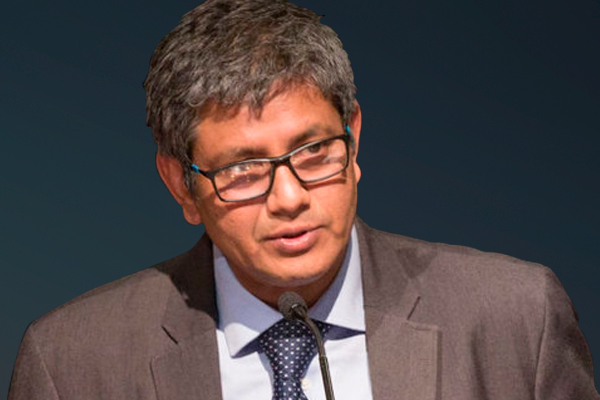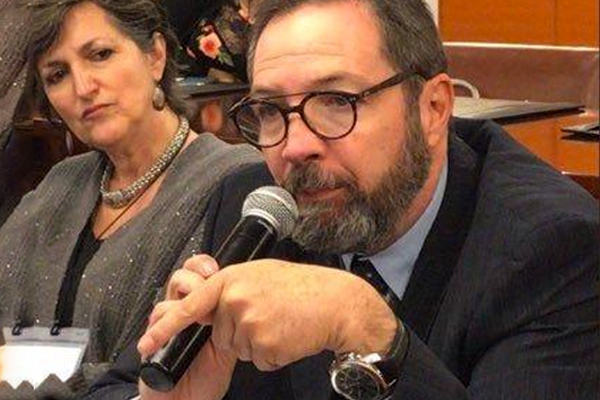Hello again, and welcome to my third and final podcast of my NCD diary. In this episode, I will start by summarising the key messages that I discussed in my previous two podcasts, before sharing with you my calls to action for decision makers to address in order to improve access and affordability of care for people living with NCDs in Jordan.
In my first podcast I talked about my experience of living with Leukaemia, and how an elective blood test changed my life forever. Being lucky enough to get all expenses covered for my treatment at the King Hussein Cancer Centre was the most important factor, as this enabled me to continue my life and gave me the hope to live my childhood dreams again.
In my second podcast I went through a few stories from my community of people living with NCDs in Jordan, and talked about some of the common challenges we all share around the issue of affordability of care. High costs associated with treatment often means that many people leave their studies, and others have to work in multiple jobs to afford their basic daily needs alongside their treatment. Many people will have to spend the rest of their lives working to pay the loans they have taken for their treatment expenses, for example those who received cancer care or underwent surgery.
In sum, many people living with NCDs in Jordan do not have access to sufficient coverage in order to be able to afford their treatment needs. Health insurance in Jordan is mainly provided by the government (only a small percentage of people are covered through private insurance) – the Ministry of Health and the Royal Medical Services (RMS) being the primary health insurance providers. As I have mentioned, this health coverage is only available to those with Jordanian citizenship, however still only 64% of Jordanians currently have health insurance. Furthermore, even for those with health insurance, treatment coverage varies depending on age, condition and expected treatment outcome. This conditionality can have devastating consequences; as illustrated through the story I discussed in my second podcast of Ameer, passed away after living with cystic fibrosis for 11 years, he was unable to receive the level of specialised care that was necessary for his condition in Jordan due to lack of services. Therefore, only option was to be sent abroad for treatment – these types of referrals only occur for highly specialised cases – yet limited government resources meant that funding for Ameer was not offered. All these factors mean that universal health coverage is a necessary step to move towards for the benefit of all people in Jordan, including people living with NCDs.
My calls for change in this podcast focus on the challenges that I have outlined above.
Firstly, I call on the Jordan Ministry of Health to ease the financial burden of people living with cancer, by making cancer coverage available for people of all ages at the King Hussein Cancer Center (KHCC), which is the best-equipped facility in Jordan to provide comprehensive care for cancer, and people have the right to affordable and quality treatment. Implementing this action will address the biggest fear facing people living with cancer that is getting their treatment in the governmental hospitals other than KHCC, with lower level of care provided, the thing that will affect their treatment quality and outcome.
Secondly, I call on the Jordanian government to make health coverage available for all people living with NCDs in Jordan, as some people cannot afford even a small percentage of the costs of the tests and medications for their conditions. To do this the Jordanian government should prioritise the advancement of Universal Health Coverage, ensuring that all NCDs are covered and that people living with NCDs are involved in the planning and implementation of UHC.
Finally, I want to suggest an information campaign or a national conference where people living with NCDs can attend and freely speak about their financial realities and the challenges they are facing. To underline it for stakeholders, so that they can be motivated to support.
These calls to action I put on the table for health officials in Jordan, in hope that we will see a change. People living with NCDs in Jordan deserve universal health coverage, and to live a life without the fear of not being able to afford their basic health needs. This is our fundamental human right, and a dream that we all deserve.

